Biology experts
Find an Expert
Browse by
Areas of expertise

October 28, 2022
Physiological ecology and endocrinology of hibernating mammals; biological rhythms and sleep; overwintering biology of animals including arctic ground squirrels, black bears and insects.

October 28, 2022
Evolutionary biology, plant systematics, floristics and revisionary systematics.

October 28, 2022
Behavioral neuroscience with a focus on how the brain regulates adaptive and non-adaptive behaviors.

October 28, 2022
Teacher professional development in science and artscience, integrating art with science learning (STEAM), science identity and gender, and the value of real and immersive learning experiences.

October 28, 2022
Neuropharmacology, hibernation, brain injury. New strategies to treat brain injury, especially injury caused by stroke and cardiac arrest. A primary focus is on therapeutic hypothermia guided by the study of hibernating animals.
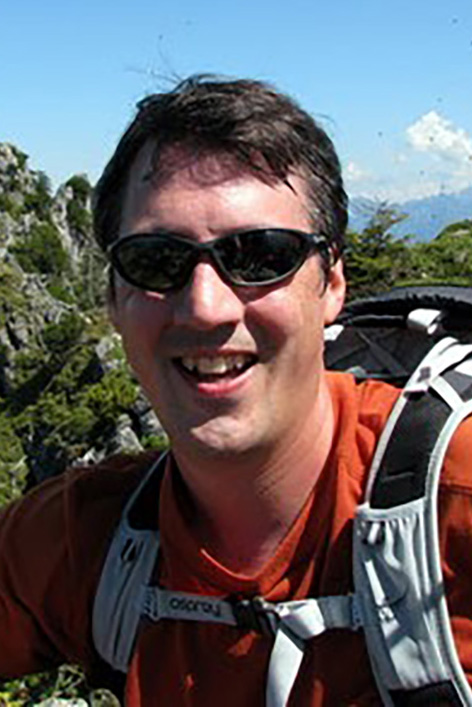
October 28, 2022
Evolutionary biology, coevolution, host-symbiont interactions. Develop a mechanistic understanding by which abiotic and biotic forces drive the direction and rate of evolution of coevolutionary interactions.

October 28, 2022
Health benefits of subsistence foods, biochemistry, toxicology.

October 28, 2022
Nancy Fresco is an expert in biology, forest ecology, climate change, conservation biology, resource measurement, landscape ecology, and resource inventory.

October 28, 2022
Lower trophic level marine ecosystem modeling, individual (agent) based modeling of plankton and juvenile fish. Using computational approaches to explore marine ecosystem dynamics in high latitude seas.

October 28, 2022
Gino Graziano is an invasive plants specialist with interests in developing management techniques and providing educational opportunities for land managers, private industry and the public regarding invasive plant and forest health management.
-
October 28, 2022
Muskoxen, ancient DNA.
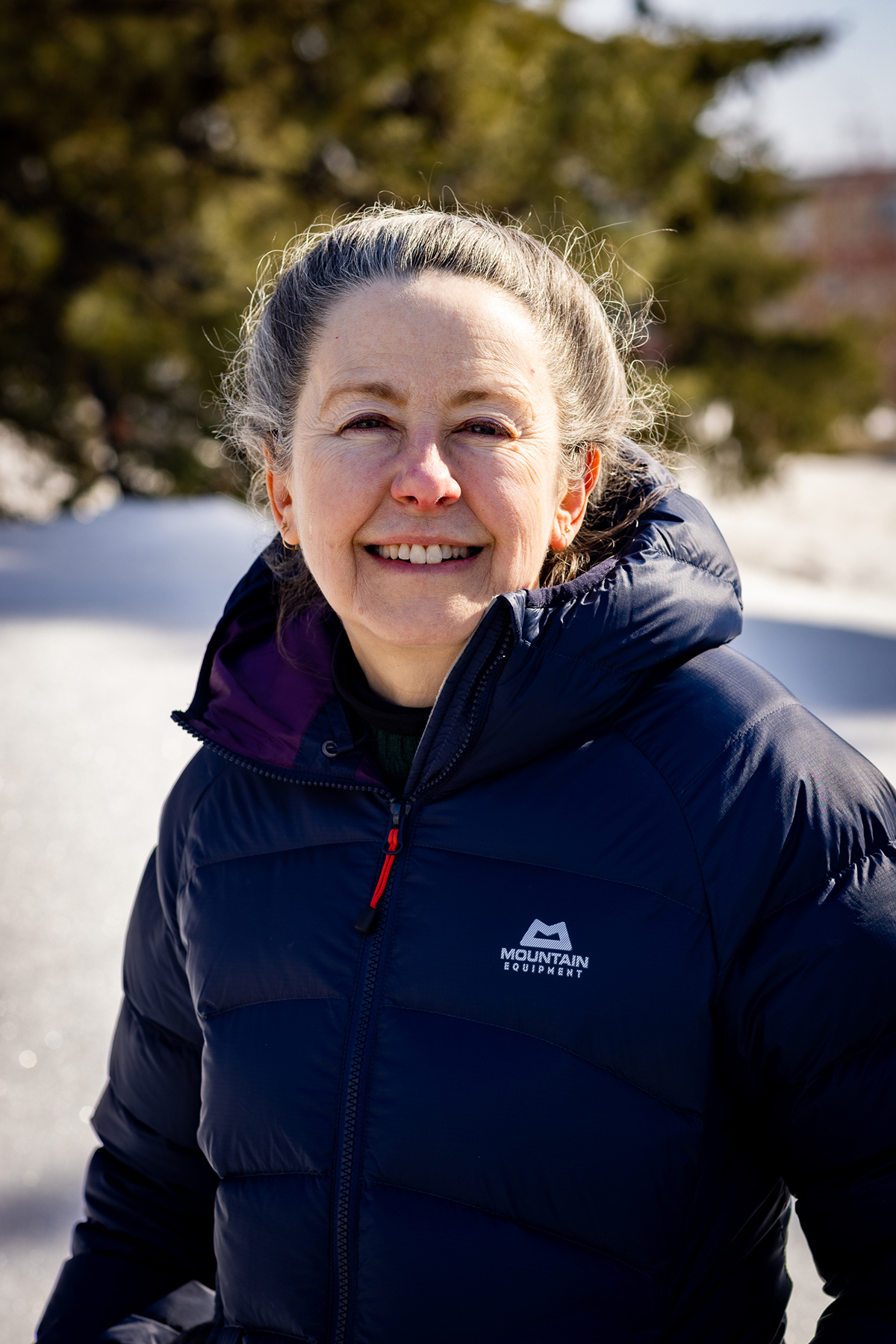
October 28, 2022
Bret-Harte is a plant community and ecosystem ecologist. Her focus is on how global climate change affects arctic vegetation composition and nutrient cycling.

October 28, 2022
Donna Hauser is an expert in marine ecology focusing on marine mammals and other species in changing Arctic and temperate oceans. Her research interests include supporting community-based observing of coastal change.
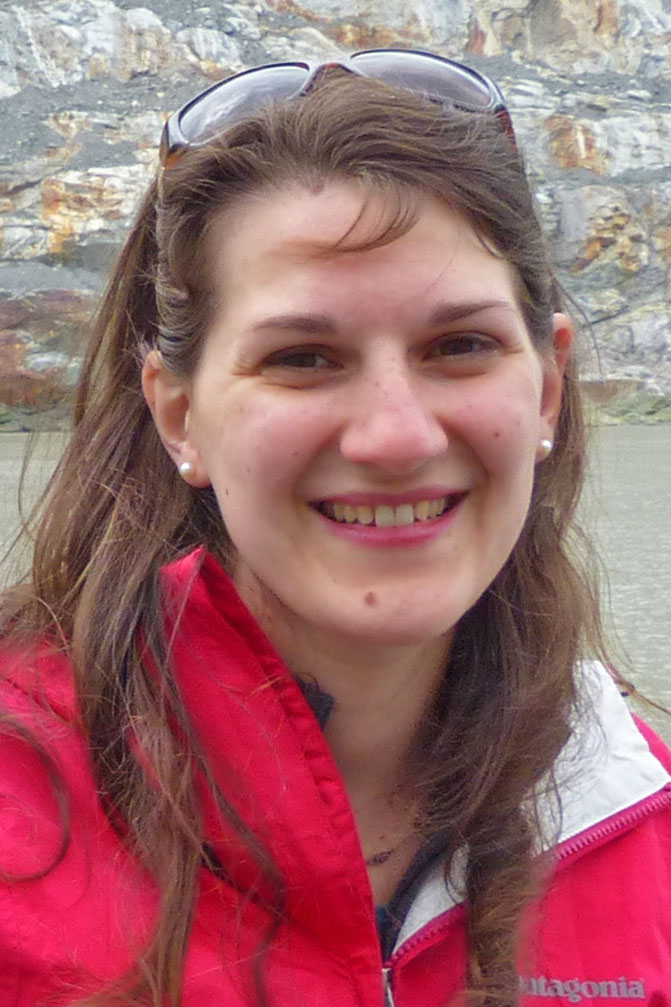
October 28, 2022
Phytoplankton ecology, climate change, environmental genomics
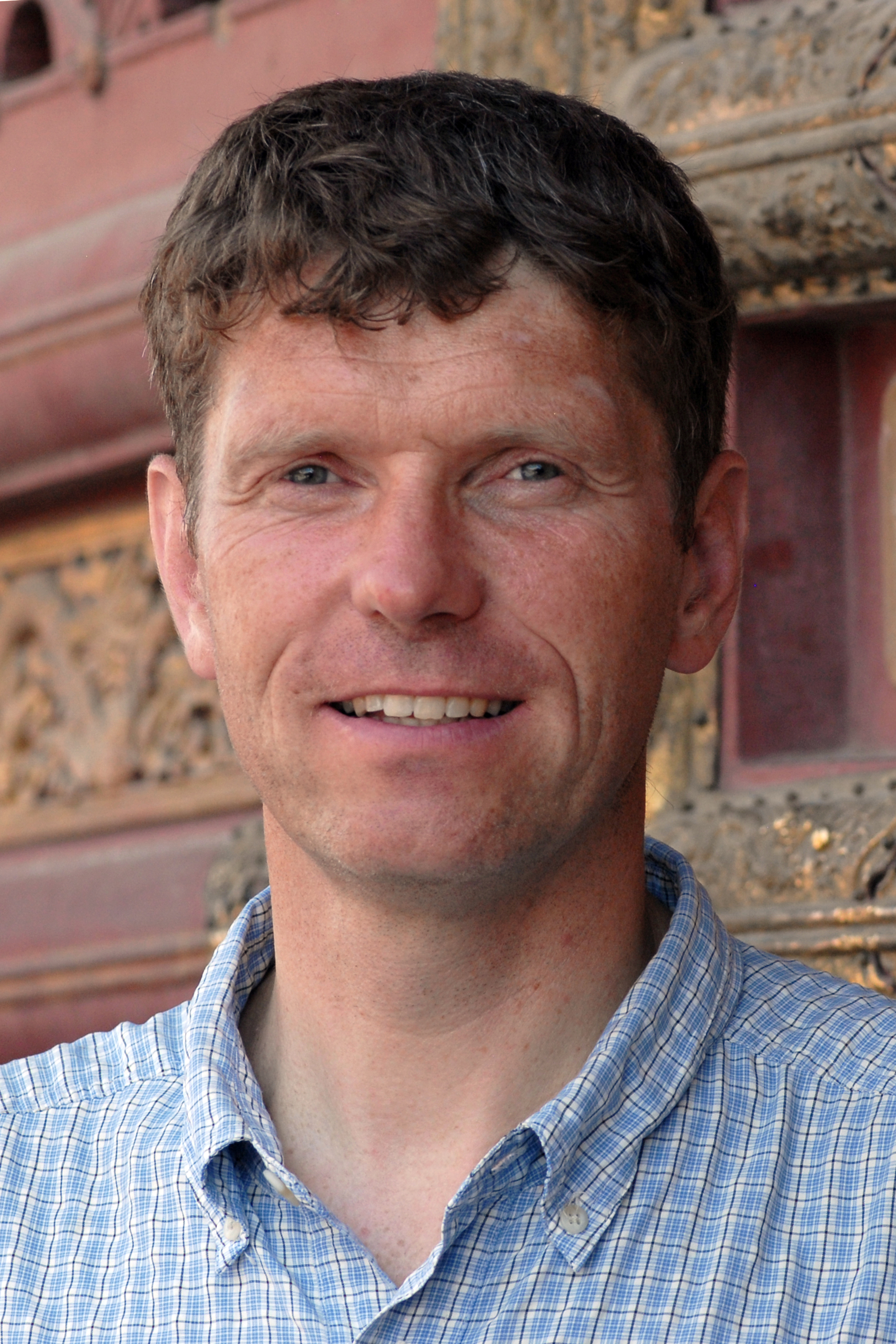
October 28, 2022
Falk’s research interests include wildlife ecology, seabirds, predictive GIS modeling, web-based wildlife databases and metadata, spatial aspects of population viability analysis (PVA), future landscape scenarios of wildlife habitat, landscape ecology, Russian far east, tropical ecology, conservation steady state economy.

October 28, 2022
Glenn Juday uses tree rings and long-term forest plots to understand climate controls over tree growth, environmental change and wood biomass production.

October 28, 2022
Marine ecology with a focus on sea ice environments. Conservation biology, ecology and evolution, climate change, ecosystem ecology.
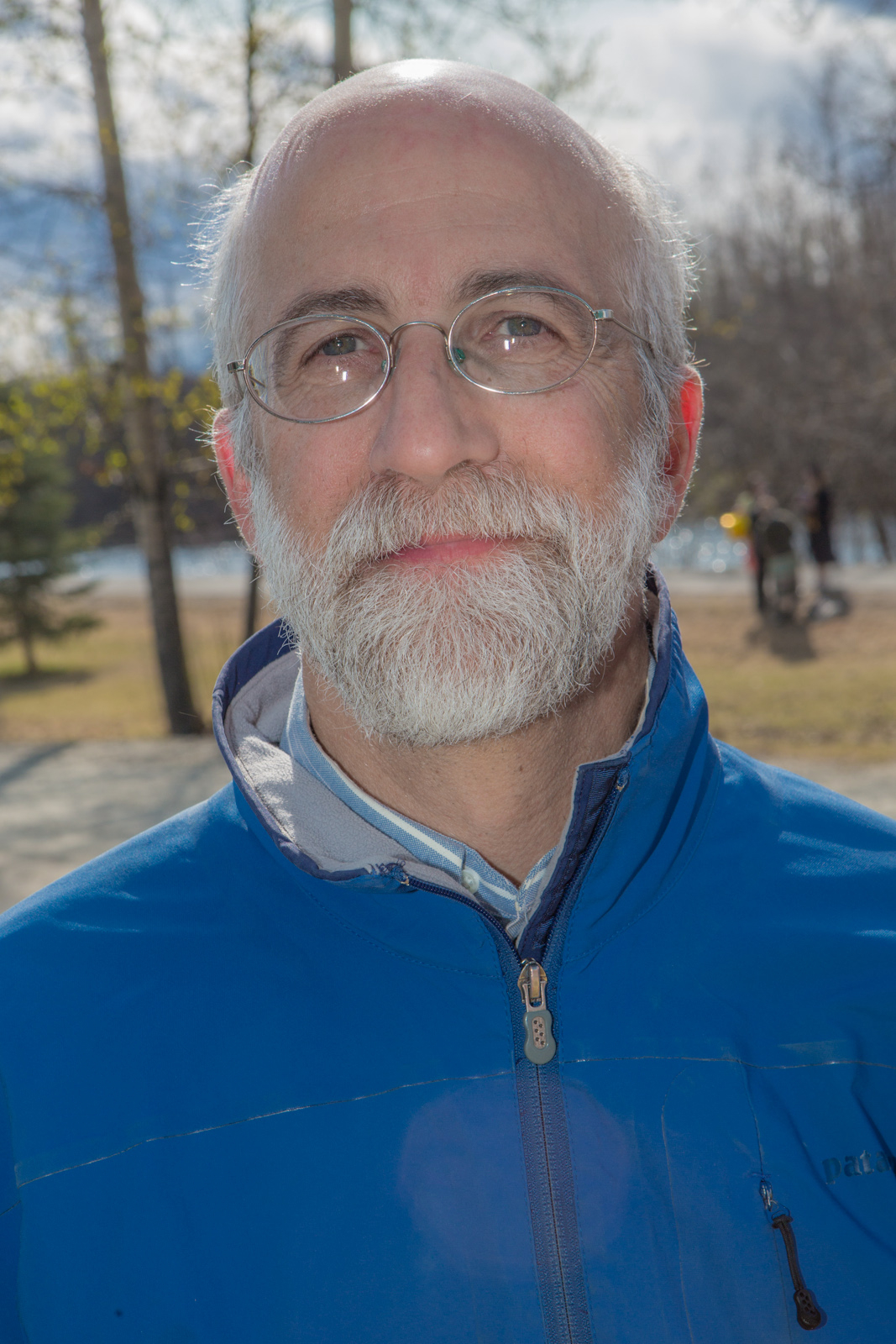
October 28, 2022
Resilience of northern rural communities as social-ecological systems; Community-based resource stewardship, adaptive co-management institutions; local knowledge in ecological monitoring and assessment; social networks of subsistence-cash economies; the science and practice of transdisciplinary research.

October 28, 2022
Larson focuses on how animals and their parasites cope with environmental changes. Researches how parasites overwinter and how changes in host physiology influence parasite overwintering strategies.

October 28, 2022
Biodegradation of contaminants, biogeochemical cycling, microbiology, microbial ecology. Biodegradation of environmental contaminants and biogeochemical cycling in soils, groundwater and marine environments.
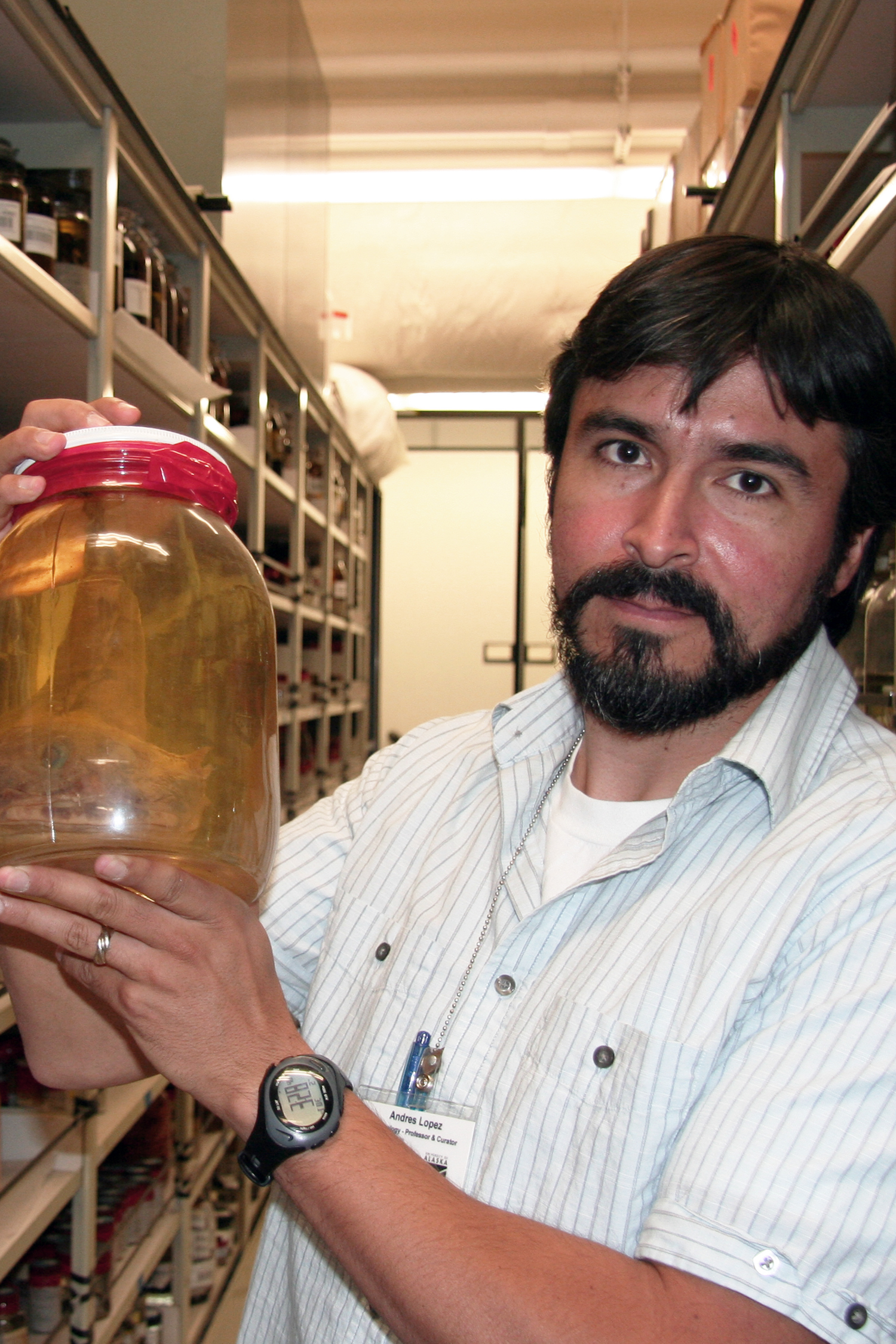
October 28, 2022
Fish biology, genetics and biodiversity. Studies fish diversity and evolution using evidence from anatomy and genetics to understand the biological processes that shape the distribution and variability of fish populations both living and in the past.

October 28, 2022
Operation of ecological processes at large spatial scales; ecological modeling; global change biology.

October 28, 2022
Soft-sediment (benthic) seafloor communities, primarily in the polar regions. Invertebrate and microbial communities and the role of these communities in the functioning of polar ecosystems.

October 28, 2022
Jeffrey Muehlbauer studies rivers and aquatic food webs. His research interests lie primarily in understanding how habitat variables related to hydrology and geomorphology affect the distribution and composition of species, particularly aquatic insects.
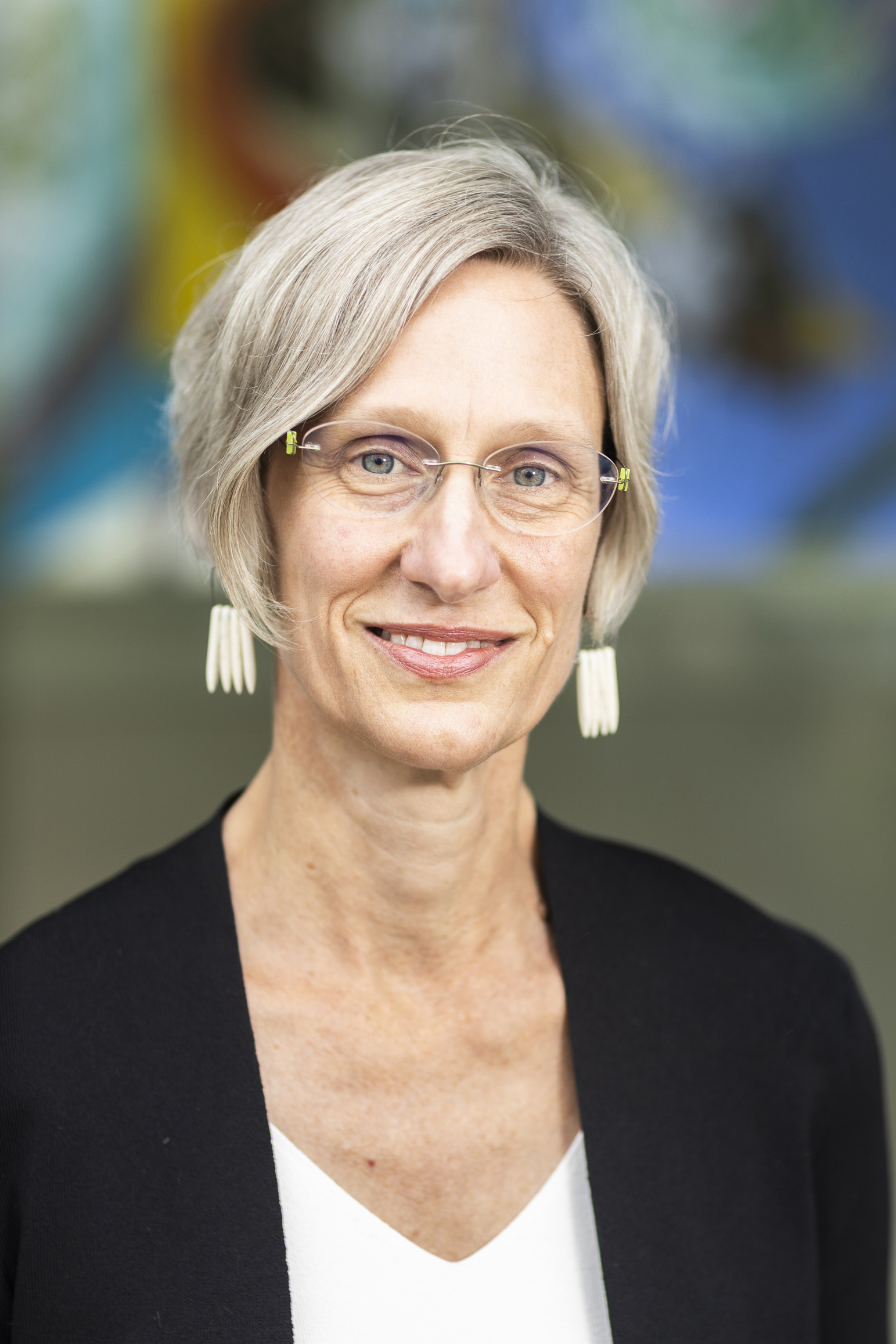
October 28, 2022
Stable isotope ecology, nutritional physiology, and biomarker development. Diane’s research is focused on the development of biomarkers for use in nutritional epidemiology. O’Brien uses dietary tools based on natural stable isotope ratios to study the effects of changing diets on Alaska Native health and other populations.
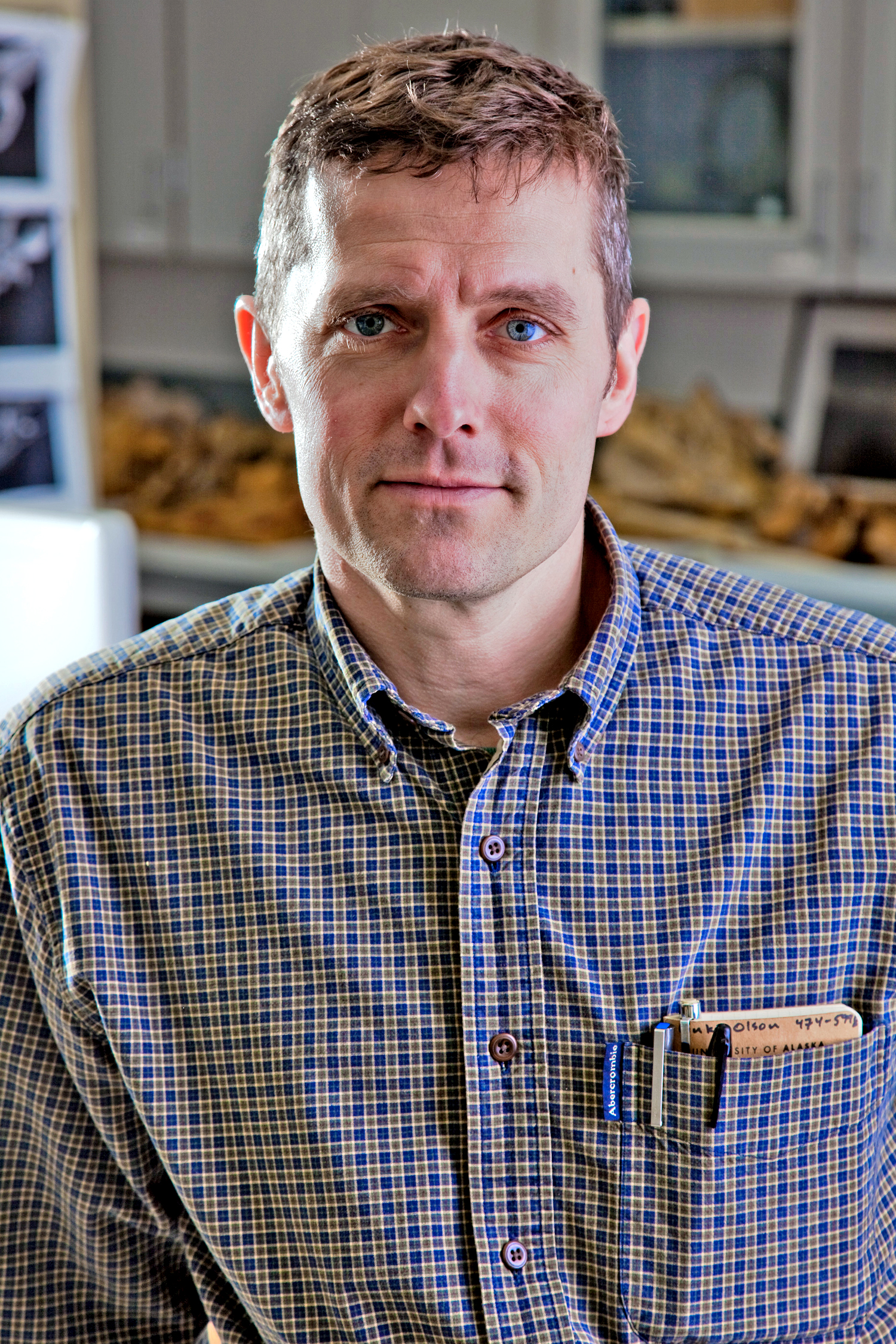
October 28, 2022
Evolutionary mammalogy, taxonomy, phylogenetics, molecular evolution, conservation.
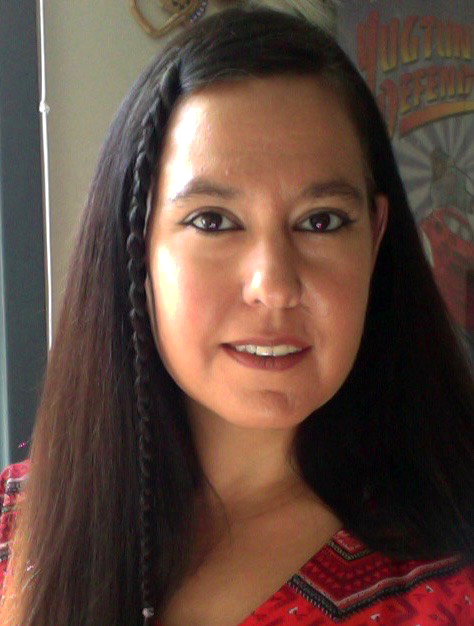
October 28, 2022
Rasmus’ research focuses on understanding the intersections between culture, health, and well-being, and the role of resilience and protective factors in reducing health disparities among American Indian/Alaska Native peoples.

October 28, 2022
Boreal forest ecology, plant-herbivore interactions, plan ecophysiology. Exploring how changing climate and disturbance regimes are affecting boreal forest composition and ecosystem function, and the consequences for climate feedbacks and social-ecological systems.

October 28, 2022
Diet and foraging ecology, Arctic marine mammal ecology, subsistence harvest, industrial maritime traffic. Marine mammal biology and health of subsistence species and others.
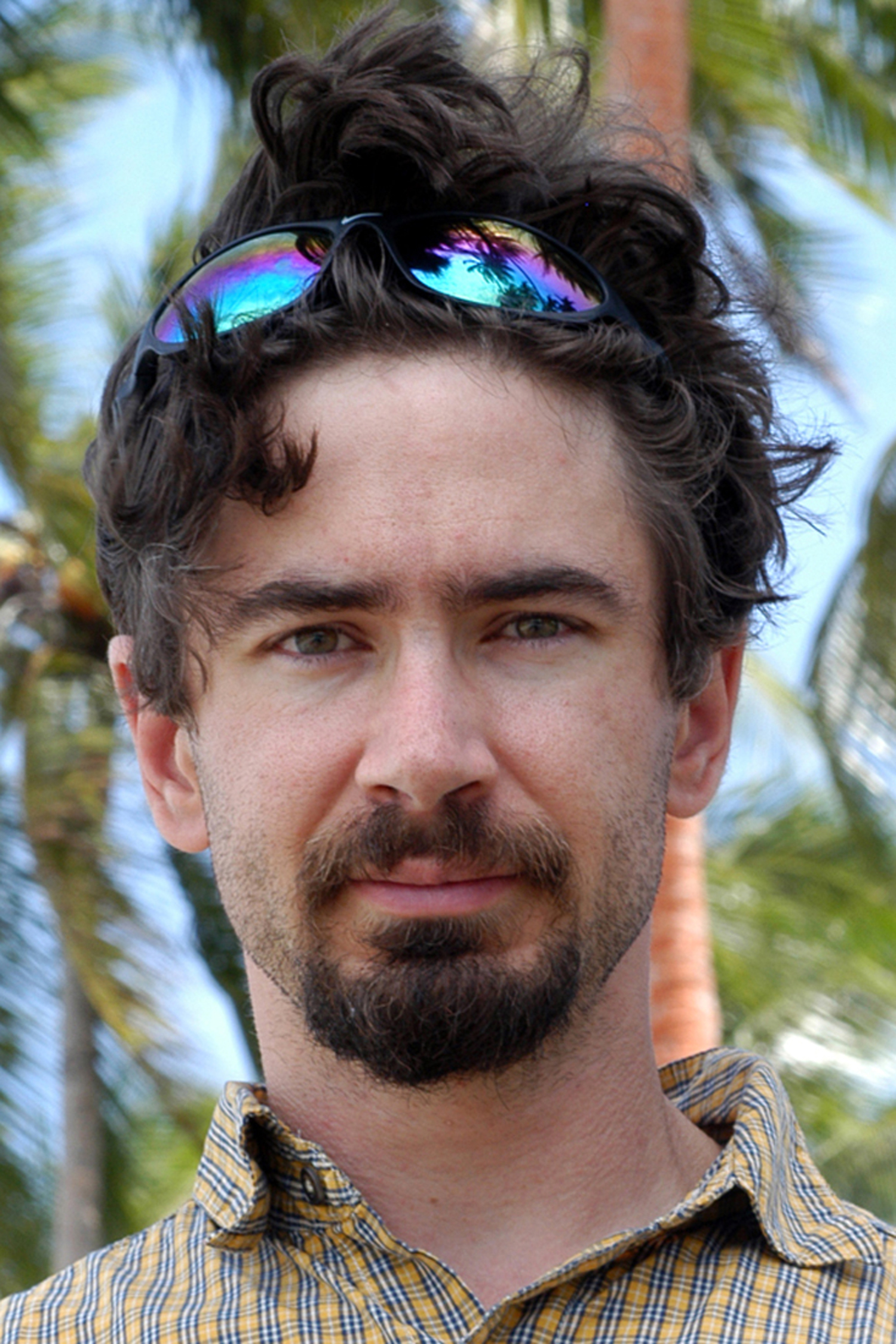
October 28, 2022
Entomology, systematics, biodiversity. I study and teach children and adults about terrestrial and fresh-water arthropods of Alaska, such as insects, spiders and centipedes.

October 28, 2022
Elena Sparrow is an expert in teaching and learning, pedagogy and education, professional development, and soil microbiology.

October 28, 2022
Description, mapping, and analysis of circumpolar arctic vegetation spatial patterns and temporal change along climate, soil, and disturbance gradients.

October 28, 2022
Birds, genetics, biodiversity. Distribution of geographic variation in birds; ecological and environmental issues such as contaminants, stable isotopes, biological responses to climate change, and emerging diseases; adaptation and evolutionary divergence among populations; use of museum collections in science and society.

October 28, 2022
Evolution of Alaskan plant populations using the tools of genomics and evolutionary modeling. Plant cold tolerance, plant breeding systems.

November 08, 2022
Fish physiology and biochemistry, mitochondrial biology, metabolic remodeling in fishes at cold temperature and adaptations of Antarctic fishes to cold temperature. O’Brien’s research is aimed at understanding how fish maintain energy production at cold temperatures.

August 19, 2023
Mario Muscarella is an expert in microbial ecology and ecophysiology. Energetics of microbial systems. Exploring how microorganisms contribute to the function of natural, host, and managed ecosystems.

October 28, 2023
Expert in Alaska's wild berries, invasive plants, community and public engagement in science, and climate change education.

October 31, 2023
Mariculture specialist working with community members, industry, Alaska Native tribes and corporations, seafood processors, community leaders and regulators to promote marine aquaculture in Alaska.

November 09, 2023
Erik Schoen is a fisheries scientist who is interested in how Alaska's fish, aquatic food webs and fishing communities are responding to a changing environment. His team's research is highly collaborative and focused on real-world problems in resource management and conservation. To address these problems, they use fieldwork, lab analyses, experiments, remote sensing and models.

November 10, 2023
Quantitative ecology, specializing in animal movement and behavior.

November 10, 2023
Large mammal ecology, carnivore and furbearer ecology, predator-prey dynamics, monitoring design, quantitative ecology

November 10, 2023
Spatial population dynamics, insect-plant interactions

November 11, 2023
Functional genomics, population genetics, Arctic phylogeography

November 11, 2023
Structure and function of stream ecosystems

November 11, 2023
• Impacts of climate change on phenology of plants and herbivores • Science education and outreach: resilience of Alaska communities to climate change • Invasive plant species in Alaska

December 20, 2023
Biomedical science, evolution and biodiversity

November 07, 2025
Insect diversity and identification, insect interactions with invasive plants, backyard habitat to support beneficial insects, integrated pest management in gardens and landscape trees, community science
